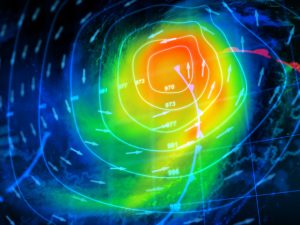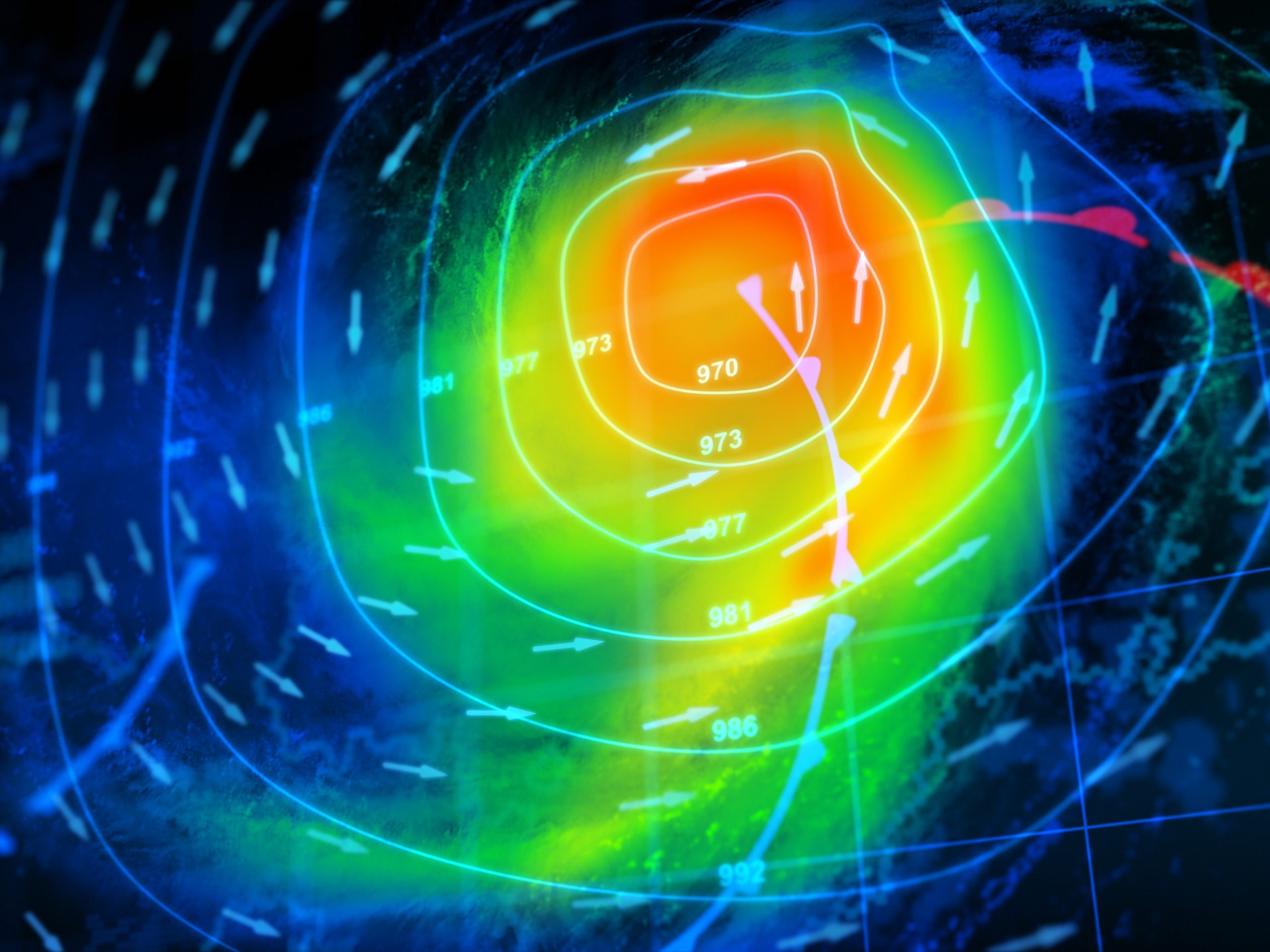Marine meteorology is the scientific study of the ocean-atmosphere system and the role of the atmosphere in shaping marine weather and climate. Marine meteorology is a critical field of study that provides important insights into the physical processes that control the movement and behavior of the ocean, and the impact of climate change on marine ecosystems.

Some of the key areas of marine meteorology include:
- Atmospheric Circulation: Atmospheric circulation is the study of the movement of air in the atmosphere and its impact on the ocean. Marine meteorologists study atmospheric circulation patterns to understand how they affect ocean currents, sea surface temperature, and weather patterns.
- Ocean-Atmosphere Interactions: The ocean and atmosphere are tightly linked through a complex set of interactions that influence weather and climate patterns. Marine meteorologists study these interactions to understand how they affect the exchange of heat, moisture, and energy between the ocean and atmosphere.
- Marine Weather Forecasting: Marine meteorologists are responsible for developing weather forecasts for maritime operations, including shipping, fishing, and offshore activities. This involves the use of advanced forecasting models and remote sensing technologies to predict weather patterns and their impact on the ocean.
- Climate Change: Marine meteorologists are also involved in the study of climate change and its impact on the ocean. This includes the study of global temperature and sea level trends, ocean acidification, and the impact of climate change on marine ecosystems.
Overall, marine meteorology is a critical field of study that provides important insights into the physical processes that control marine weather and climate. The continued development of marine meteorology research and technology is critical to improving our understanding of the ocean-atmosphere system and its impact on marine ecosystems, as well as to the development of sustainable strategies for the conservation and management of marine resources.

